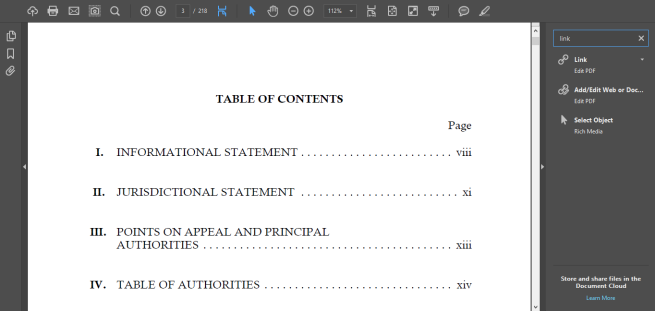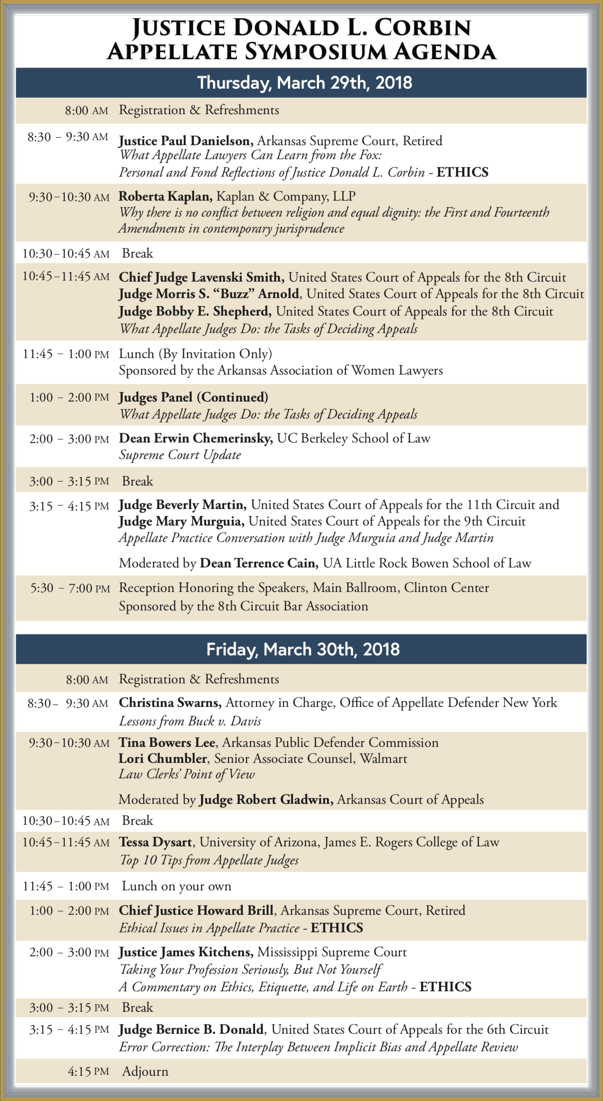If you’ve followed this blog for very long, one of the topics that arises quite frequently is the issue of whether or not an order is a final, appealable order. This question often arises in family law cases, because there are so many moving parts in those cases. The decision of the Arkansas Court of Appeals in John v. Bolinder, 2016 Ark. App. 357, provides an example of such a case.
In John, an unmarried couple had one child together in 2010. In 2012, the trial court awarded primary custody to mom, with dad to have visitation (one week per month plus extended summer visitation) and also to pay child support. In 2014, the trial court modified the order to decrease dad’s nonsummer visitation to one weekend per month.
In late 2014, dad filed a motion for release of mom’s medical and psychological records. A few months later, dad filed a motion to modify child support, confirm the length of summer visitation, or modify the summer visitation. Dad also requested that his summer visitation be expanded, and that child support be reduced during the summer visitation.
At some point during this timeline, mom filed a motion for contempt against dad. A hearing was held on these matter in May of 2015, at which hearing the parties mentioned that this contempt motion was unresolved.
In June 2015, the trial court entered an order denying dad’s motion seeking the medical/psychological records and denying the motion to modify summer visitation (although the trial court did slightly modify the summer visitation schedule). The order did not address mom’s contempt motion, and it specifically reserved the issue of child support.
The question, then, is whether an order deciding visitation is final in a situation where a contempt motion and a motion to modify child support are outstanding. Dad argued that these issues (contempt and child support) were merely collateral matters not affecting the finality of the order. The Court of Appeals rejected this argument, relying on two cases: Burton v. Templeman, 2015 Ark. App. 101 (holding that an order denying a motion to modify visitation was not final where it specifically reserved a ruling on a motion for contempt) and Mitchell v. Mitchell, 98 Ark. App. 47, 249 S.W.3d 847 (2007) (holding that an order on “various post-divorce disputes” was not final where it specifically reserved a ruling on child support).
In light of this decision, there are two things to keep in mind when deciding whether to file a notice of appeal from a decision involving child custody and visitation. First, keep in mind that had the facts been slightly different, this order likely would have been a final order pursuant to Rule 2(d) of the Arkansas Rules of Appellate Procedure-Civil, which provides that “[a]ll final orders awarding custody are final appealable orders.” Second, in light of the opinion in Massinelli v. Massinelli, 2016 Ark. App. 90 (and the cases upon which it relied), counsel should always be cautious about deciding not to file a notice of appeal from an order that is arguably final, even if it appears to be nonfinal. The best option in this situation would probably be to try to obtain a Rule 54(b) certification to any order that leaves unfinished business.




